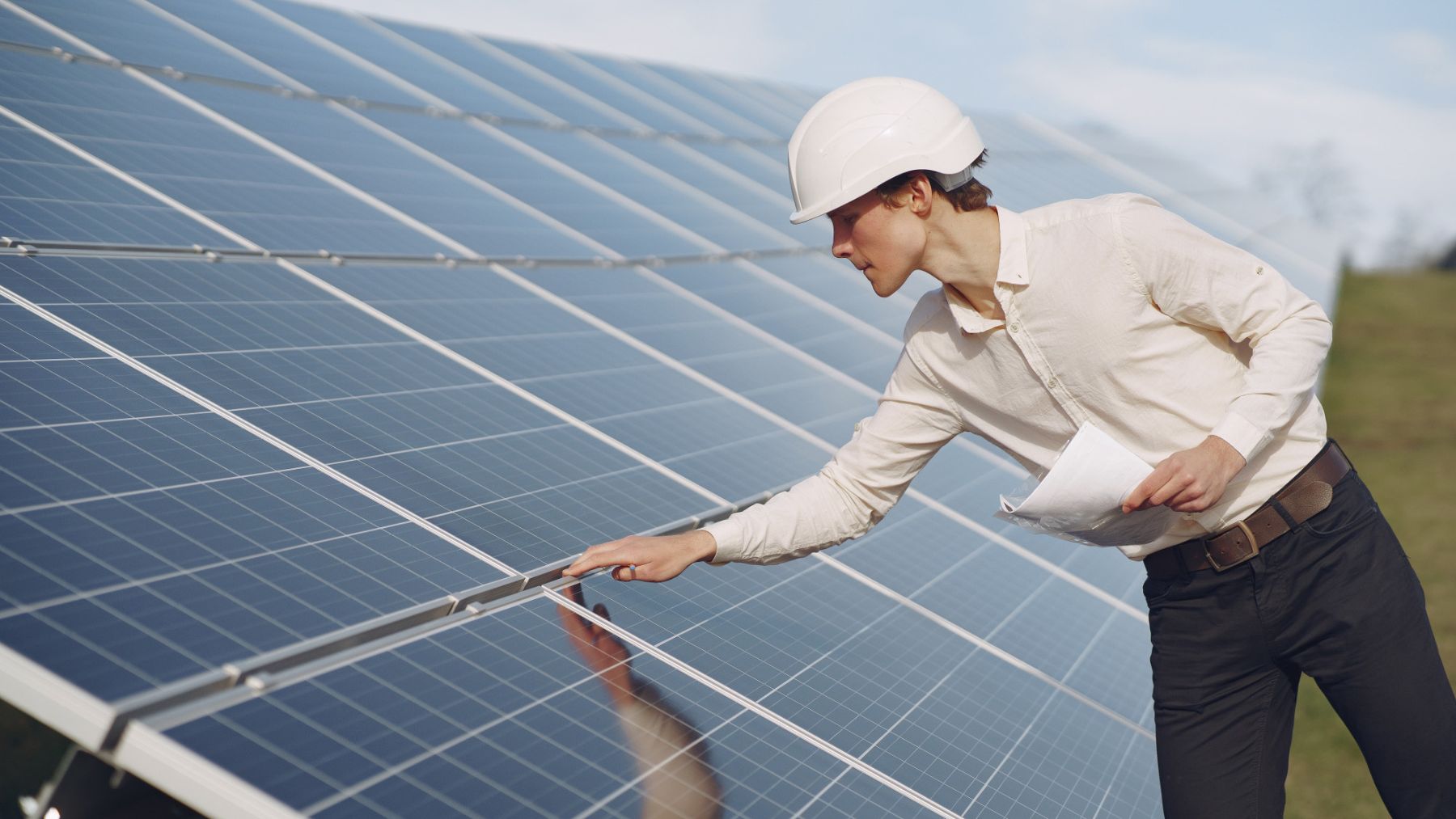Loose solar panels They are more than implanted in society. The whole world knows about their potential to convert light into energy and thousands of professionals are looking for ways to make them increasingly effective. A few days ago we told you that a material has been discovered that could make them even more efficient, but there is a serious problem. Today we will talk to you about another one that seems perfect but does not have the approval of the European Union.
It seems like the ideal material, but it is at the bottom of the sea and the UE fears that deep-sea mining could damage fish stocks. Norway It was the country that announced that it would carry out this exploitation, but it could continue to contribute to the energy sector.
If the exploitation of deep water affects fish, it will also affect the fishing industry and marine ecosystems. A spokesperson for the municipality stated this Commission to Europa Press. It is unexplored territory and they would rather not take the risk.

Solar panels will not change: the European Union is clear about the reason
At the beginning of January, the parliament of Norway approved the exploration and commercial exploitation of underwater mining in the waters of the Arctic Ocean, despite pressure from fishermen and environmentalists. The target? Obtain critical materials for the production of products such as batteries for electric cars or solar panels. Some suitable materials for plates are zinc or cobalt, as outlined in a June 2023 government report.
In contrast, the UE wants to ban seabed mining until it is proven that it will not have any harmful effects on the sector. She is concerned about the protection and restoration of the environment, seabed biodiversity and climate change. Should too high a price be paid for obtaining energy from the sun? “We maintain our collaboration with Norway to ensure the protection of the ecosystem from harmful activities,” the Community Executive spokesperson said.
The care of the UE It’s real and they’re not ashamed to express it. It also warns of the “potential impact” this practice could have on fishing in the area. In the case of the Scandinavian country, its activities would affect populations of particular importance, such as cod, haddock, coalfish, whiting, plaice and herring. These species are part of the fisheries agreements with Norwaythat monopolize the waters of the North Sea and the Strait of Skagerrak j Kattegat.
The European Union is clear: there are materials that cannot be used to produce solar panels
He Government of the Scandinavian nation has defended the extraction of these minerals. He sees it as an excellent economic opportunity, although he has noted that “it will only be allowed if the industry can demonstrate that it can be done in a sustainable and responsible way.” However, until now, research projects have been subsidized by the European Unionwith an investment of more than 800 million euros, show that there is still ‘significant uncertainty’.
“Long-term studies are still needed to map all the impacts of mining on biodiversity and the seabed ecosystem, as well as the possibilities for restoration,” say sources consulted by the above-mentioned medium. They also point out that the Commission will “remain attentive to the evolution of deep-sea mining in Norway and around the world”.
While the European Union continues to analyze the possibility of these types of projects developing and delivering new developments solar panelsOther revolutionary initiatives continue, such as the robot that installs plates with these characteristics in the United States. With these proposals on the table, it is inevitable to think that the future is closely linked to sustainability.

